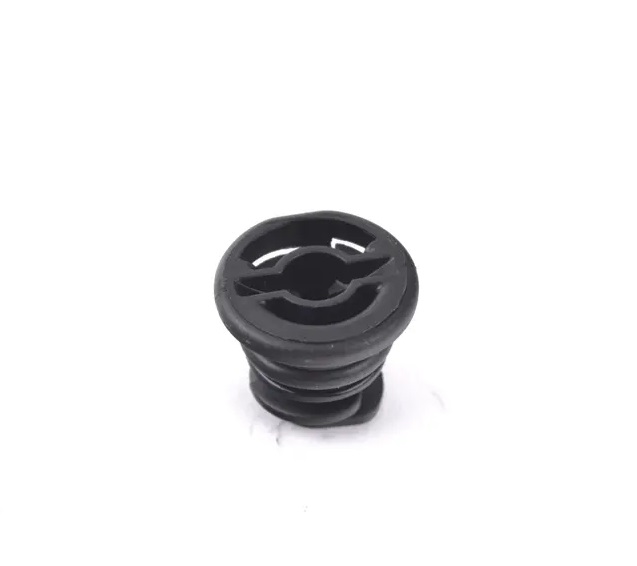Common Causes and Solutions for Oil Filter Seal Leaking in Vehicles and How to Prevent It
Understanding Oil Filter Seal Leaking Causes, Effects, and Solutions
An oil filter is a vital component of any automobile's engine, responsible for removing contaminants from engine oil, ensuring optimal engine performance and longevity. However, one common issue that many vehicle owners face is the leaking of the oil filter seal. A leaking oil filter seal can lead to a range of problems, not only affecting the engine's health but potentially leading to costly repairs if left untreated. This article will delve into the causes, effects, and possible solutions for oil filter seal leaking.
Causes of Oil Filter Seal Leaking
There are several reasons why an oil filter seal might begin to leak. The most common causes include
1. Improper Installation One of the leading causes of oil filter leaks is improper installation. If an oil filter is not screwed on tightly enough, or if it has been overtightened, it can cause the seal to break or distort, leading to leaks. It is crucial to ensure that the oil filter is installed according to the manufacturer's specifications.
2. Worn Out Seals Over time, the rubber seals in oil filters can degrade due to exposure to heat, oil, and other environmental factors. As the seals wear out, they lose their effectiveness and can lead to leaks. Regular maintenance checks are important to identify and replace worn-out seals before they cause significant problems.
3. Oil Filter Defects Occasionally, oil filters may have manufacturing defects, making them prone to leaks. It is essential to purchase oil filters from reputable manufacturers to minimize the risk of defects.
4. Improper Oil Type Using the wrong type of oil can also contribute to leaks. Some oils may not be compatible with the rubber seals in the filter. Always refer to the owner's manual for the recommended oil type and viscosity for your vehicle.
Effects of Oil Filter Seal Leaking
A leaking oil filter seal can have several adverse effects on your vehicle
1. Oil Loss As oil leaks out of the seal, your engine may lose oil quickly, leading to low oil levels. Insufficient oil can result in increased friction between engine components, leading to potential engine damage over time.
oil filter seal leaking

2. Engine Performance Issues Low oil levels can lead to reduced engine performance. You may notice engine stalling, sluggish acceleration, or unusual noises coming from the engine compartment.
3. Environmental Impact An oil leak can have harmful effects on the environment. Oil can seep into the ground and water sources, causing pollution and harm to wildlife.
4. Repairs and Costs Ignoring a leaking oil filter seal can lead to more severe problems, resulting in costly repairs. Having to replace internal components or, in extreme cases, an entire engine due to lack of lubrication can significantly increase vehicle maintenance costs.
Solutions to Oil Filter Seal Leaking
To address an oil filter seal leak, vehicle owners can take several steps
1. Regular Maintenance Regularly check the oil filter during oil changes to ensure there are no signs of leaks. Inspect the integrity of the seals and replace the filter if necessary.
2. Proper Installation When installing a new oil filter, make sure to follow the manufacturer’s instructions. Avoid overtightening, which can damage the seals.
3. Quality Parts Invest in high-quality oil filters from reputable brands to minimize the risk of defects.
4. Monitor Oil Levels Regularly check your vehicle's oil levels and condition. If you notice a drop in oil levels without any visible leaks, it might indicate an internal problem, warranting further investigation.
In conclusion, understanding the causes and effects of an oil filter seal leak is essential for maintaining the health of your vehicle's engine. With regular maintenance and attention to detail, vehicle owners can prevent leaks and ensure their engines run smoothly for years to come.
-
Understanding the Importance of the Crankshaft Oil Seal in Engine Performance
News Jun.16,2025
-
The Unsung Heroes of Engine Protection: Understanding Automotive Shaft Seals and Oil Seals
News Jun.16,2025
-
Keeping the Engine Tight: The Role of Crankshaft Seals and Gaskets in Oil Control
News Jun.16,2025
-
Complete Protection in Harsh Conditions: A Deep Dive into Cassette Seals
News Jun.16,2025
-
Choosing the Right Oil Seal: A Guide to Trusted Brands and Suppliers
News Jun.16,2025
-
Advanced Sealing Technologies: Exploring the Range of Modern Oil Seals
News Jun.16,2025
-
Your Essential Guide to Car Repair Kits: From Rust to Dings
News Jun.13,2025
Products categories















